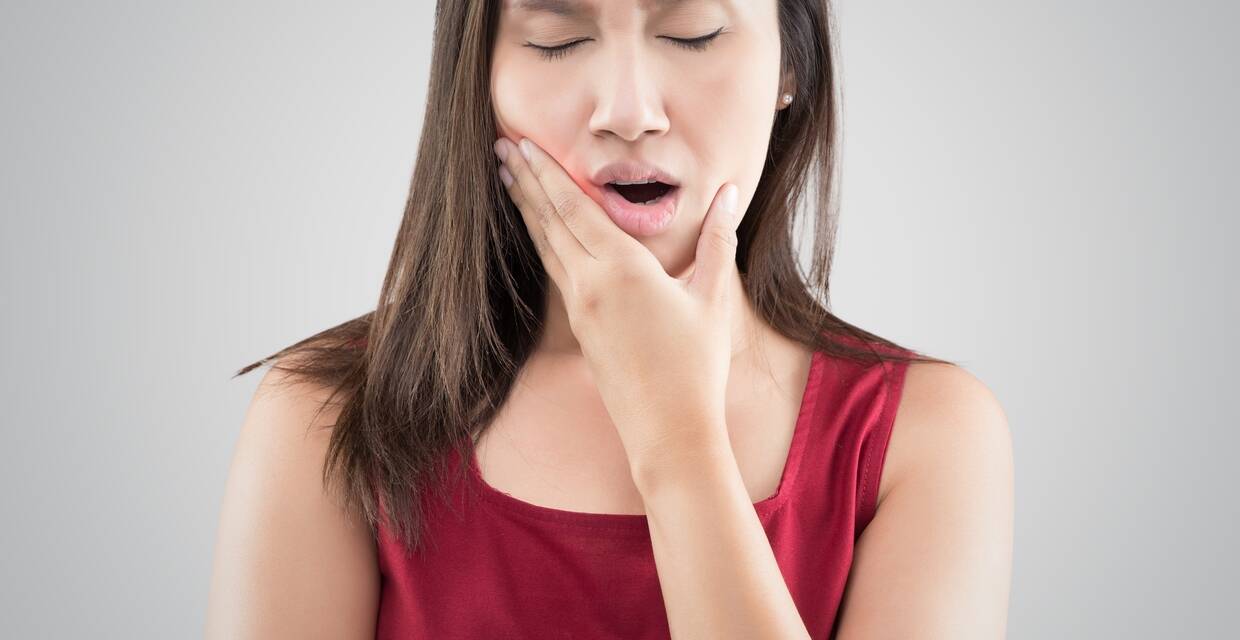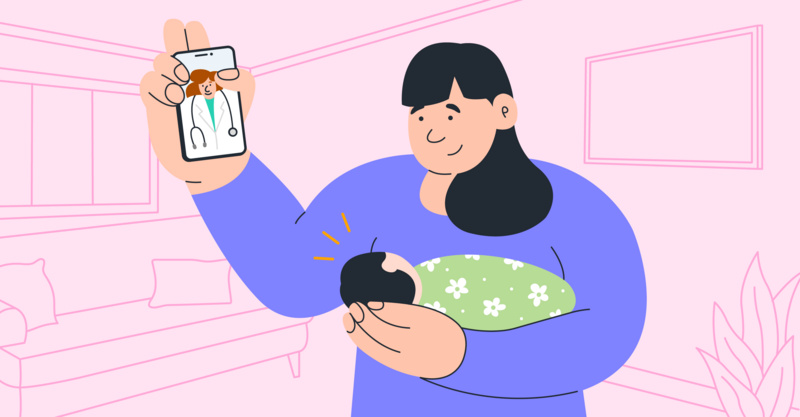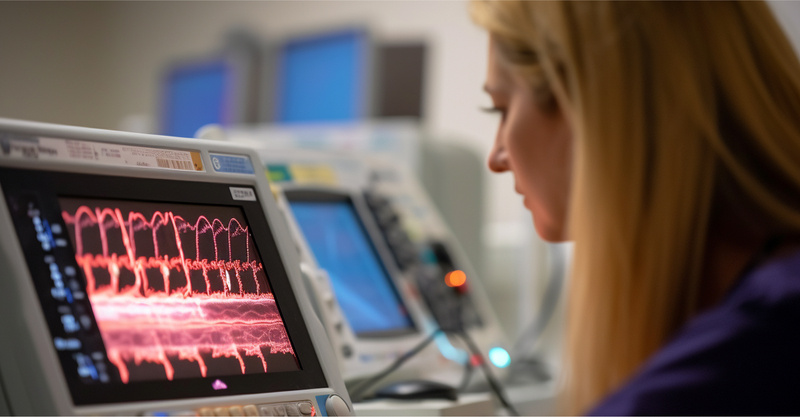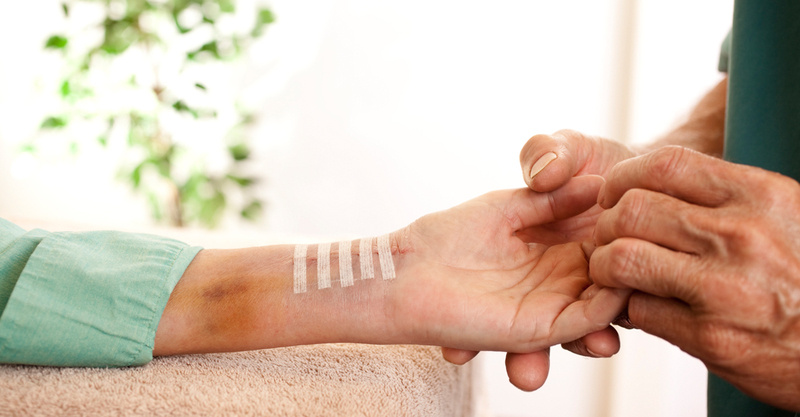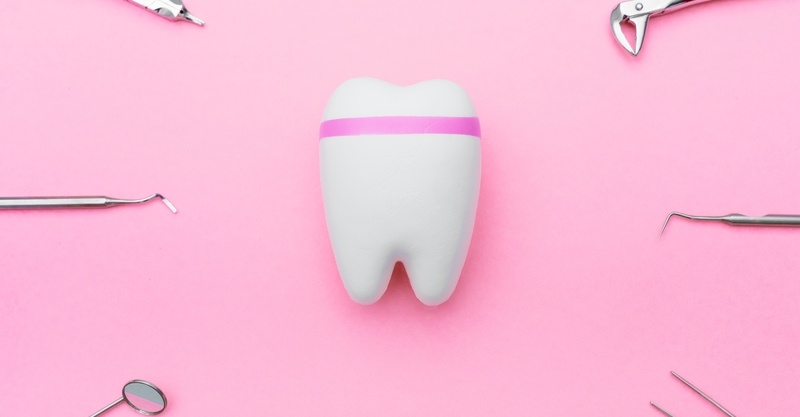Key Points
- A tooth extraction may be necessary due to gum disease, tooth decay, mouth trauma, or other conditions. It's important to discuss the procedure with your dentist and understand what to expect afterward.
- Post-extraction, the body needs to focus on healing. Consuming easy-to-chew and digest foods like soup, mashed potatoes, or applesauce is recommended. Avoid eating anything too hot, cold, hard, spicy, or sticky.
- Pain management after a tooth extraction can involve prescribed or over-the-counter painkillers. Ice packs can also be used to relieve pain or swelling.
- Be aware of potential complications such as severe pain, fever, chills, redness, or discharge near the extraction area, which could indicate infection. Contact your dentist if these symptoms appear.
- Good dental hygiene and regular dentist appointments are crucial in preventing further dental issues after a tooth extraction.
It’s definitely not the most pleasant of procedures, but sometimes a tooth extraction is necessary. An extraction may be needed because of gum disease, tooth decay, trauma to the mouth, or other conditions. Whatever the reason, you’ll want to understand the procedure and know what to expect after a tooth extraction.
What to Know About a Tooth Extraction
If your tooth extraction is scheduled in advance, discuss the details with your dentist beforehand. Tell your dentist about any other health conditions or medications you take. This will help prevent complications that can sometimes develop from a tooth extraction.
Unfortunately, you can’t always plan for a tooth extraction. If the need for an emergency tooth extraction arises, get as much information during the appointment as possible. Ask your dentist to provide detailed information and instructions on follow-up care.
Healing from a tooth extraction can take a few days to a few weeks. Try to take it easy and relax, especially in the first 24 hours after the procedure.
What to Eat and Drink
After a tooth extraction, your body needs to focus on healing. You’ll want to eat foods that are easy to chew and digest . Try soft foods like soup, mashed potatoes, or applesauce. Your dentist may want you to limit eating solid food, especially in the first 24 hours.
Don’t eat anything too hot or too cold–room temperature is best. You should also avoid eating any foods that are hard, spicy, or sticky, such as nuts or candy, on the affected side of your mouth.
After 24 hours, you can try adding more solid foods back into your diet, but make sure to take it easy.
How to Manage Pain
Sometimes your dentist will prescribe pain medication after a tooth extraction. Or they may instruct you to take over-the-counter painkillers. Take any medication in the correct dosage and for as long as instructed.
Ice is a great way to relieve pain or swelling after a tooth extraction. Put an ice pack on the affected area for about 10 minutes at a time. You can also buy an ice pack specially designed to fit around your face and jaw. These ice packs provide relief to a wider area and help you relax through a hands-free design.
Be Aware of Complications
A certain amount of pain, swelling, or bleeding can occur after a tooth extraction. But if you experience sudden, severe, or increasing pain as the hours go on, make sure to contact your dentist.
You should also be aware of signs of infection. These can include fever, chills, and redness or discharge near the area of the extraction. Call your dentist if these symptoms appear–they may want you to come in for another appointment or prescribe you additional medication.
To help prevent infection, limit touching your mouth and wash your hands frequently. You should also continue brushing your teeth regularly but avoid the extraction area until it heals. A saline solution of salt and warm water can be used to gently rinse your mouth.
Knowing what to expect after a tooth extraction is the best way to be prepared. After the initial healing, continue to go to your routine dentist appointments. Regular teeth cleanings and good dental hygiene will help prevent further issues with your teeth.
Related Dental FAQs
Rotten to the Core: 3 Signs of a Tooth Infection
How to Prepare for a Dentist Appointment
Frequently asked questions
Why might a tooth extraction be necessary?
A tooth extraction may be necessary due to various reasons such as gum disease, tooth decay, trauma to the mouth, or other conditions.What should I discuss with my dentist before a scheduled tooth extraction?
Before a scheduled tooth extraction, you should discuss any other health conditions or medications you take with your dentist. This will help prevent complications that can sometimes develop from the procedure.What should I do if I need an emergency tooth extraction?
If an emergency tooth extraction is needed, get as much information during the appointment as possible. Ask your dentist to provide detailed information and instructions on follow-up care.What types of food are recommended after a tooth extraction?
After a tooth extraction, it's recommended to eat foods that are easy to chew and digest, such as soup, mashed potatoes, or applesauce. You should avoid eating hard, spicy, or sticky foods, and anything too hot or too cold.How can I manage pain after a tooth extraction?
Pain after a tooth extraction can be managed by taking prescribed or over-the-counter painkillers as instructed by your dentist. Applying an ice pack to the affected area can also help relieve pain or swelling.What are the signs of complications after a tooth extraction?
Signs of complications after a tooth extraction can include sudden, severe, or increasing pain, fever, chills, and redness or discharge near the area of the extraction. If these symptoms appear, it's important to contact your dentist.How can I prevent infection after a tooth extraction?
To prevent infection after a tooth extraction, limit touching your mouth and wash your hands frequently. Continue brushing your teeth regularly but avoid the extraction area until it heals. A saline solution of salt and warm water can be used to gently rinse your mouth.What is the best way to prepare for a tooth extraction?
The best way to prepare for a tooth extraction is to understand the procedure and know what to expect afterwards. After the initial healing, continue to go to your routine dentist appointments to maintain good dental hygiene and prevent further issues.
